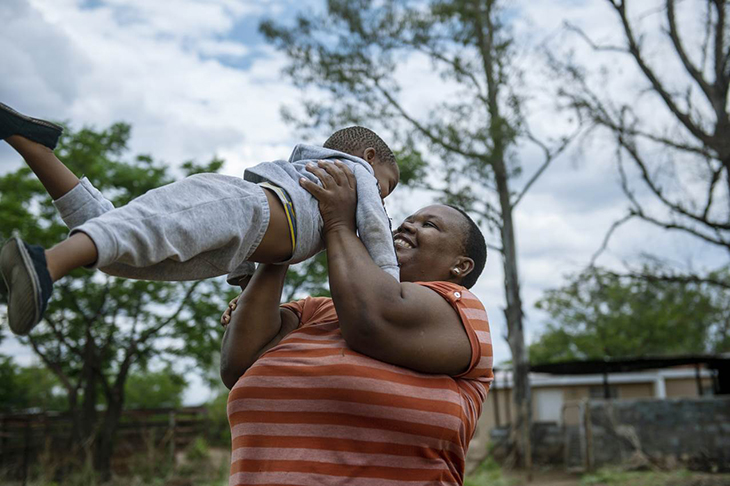In ‘Groundbreaking Achievement,’ Botswana Cuts HIV Transmission Rates In Children From 40% To 1%

In a “groundbreaking achievement”, the World Health Organization (WHO) just celebrated the country of Botswana because they have managed to stop the transmission of HIV between mothers and their newborns.
The national program, which was launched 23 years ago, has managed to reduce these occurrences from 40% to below 1% since being put into place.
Although Botswana still struggles with their incredibly high HIV infection rates, the country’s central health district has seen just four babies born with HIV all year, while another seven health districts have seen no transmissions so far.
According to WHO Regional Director for Africa, Dr. Matshidiso Moeti, “This is a huge accomplishment for a country that has one of the most severe HIV epidemics in the world—Botswana demonstrates that an AIDS-free generation is possible.”
“This groundbreaking milestone is a big step forward in ending AIDS on the continent,” he added.
15 countries have been certified for eliminating mother-to-child HIV transmission globally, but none of them have had an epidemic as big as the one that Botswana has seen. In fact, in 1999, the HIV prevalence rate was so high, it sat at 30%.
UNICEF Regional Director for Eastern and Southern Africa, Mohamed Fall, said, “The progress on prevention of mother to child transmission of HIV in this region is truly a public health success, with more than 1.7 million new infections in children averted since 2010. We applaud Botswana for this remarkable achievement.”

Dora, who is seen carrying her son above, is an HIV-positive poultry farmer in the village of Serowe. During the time of her pregnancy with her baby, she was terrified that she was going to transmit the virus to her baby. That’s why all her anxiousness went away when she found out that the HIV test came out negative, a story that thankfully, many mothers in Botswana now share.
The program that has been set in place is considered rather simple. It encourages women that are pregnant to get tested for HIV, and if they find out that they are positive for the virus, they are immediately placed on antiretroviral therapy for the duration of their pregnancy. Then once the baby is born, the newborn is placed on antiretroviral therapy for six months after birth as well.
Moreover, women that test negative during their pregnancy continue to do tests all throughout until the birth of their baby to see if they turn positive and need treatment.
Botswana’s goal is to be HIV-AIDS free by the year 2030, and amazingly, they’re on their way to success.



